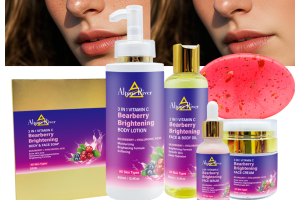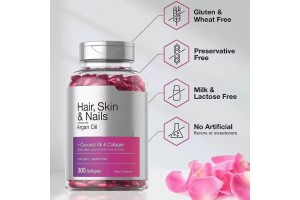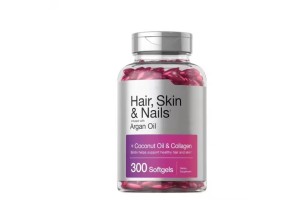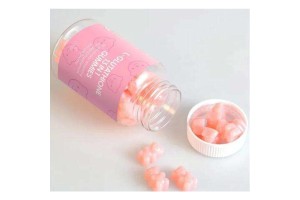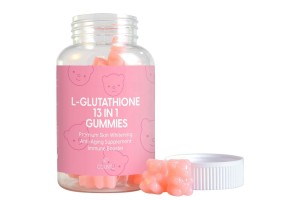Beyond Inclusion: A Guide to Creating Skincare That Truly Serves Black Women
The beauty industry is finally waking up to the importance of inclusive skincare. But true service goes beyond marketing imagery; it requires creating products scientifically formulated for the unique needs of melanin-rich skin. The number one concern for many Black consumers is hyperpigmentation—dark spots and uneven skin tone.
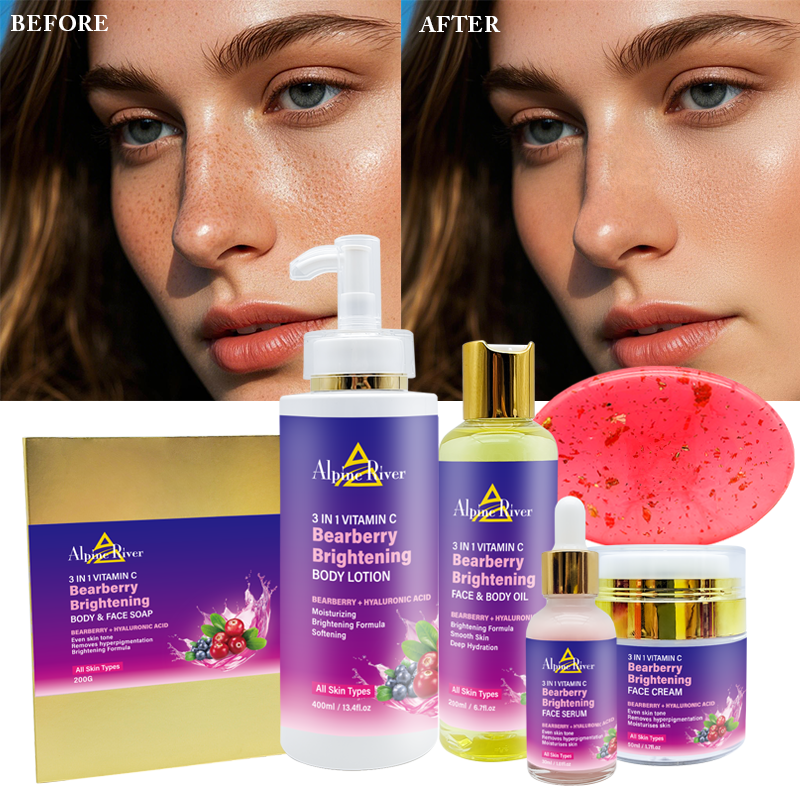
For a private label brand, creating an effective, safe, and targeted solution for this concern is a direct path to winning a loyal community. This guide will show you how.
Step 1: Understand the Nuances of Melanin-Rich Skin
Melanin is the natural pigment that gives skin its color. While it provides some protection from the sun, it is also more reactive. In Black skin, any form of inflammation—from acne, a scratch, or sun exposure—can trigger an overproduction of melanin, resulting in dark spots (post-inflammatory hyperpigmentation) that can be stubborn to fade.
Your brand must address this specific challenge with ingredients that are both effective and safe, avoiding harsh chemicals that can cause further irritation.
Step 2: Choose the Right "Hero" Ingredients
An effective dark spot correcting formula requires a multi-pathway approach. Two of the safest and most powerful ingredients for this are Vitamin C and Arbutin.
-
The Defender: Organic Vitamin C. A potent antioxidant that protects the skin from the free radical damage that leads to dark spots. It also has a brightening effect, helping to gently fade existing discoloration for a more even skin tone.
-
The Corrector: Arbutin. This is your targeted specialist. Arbutin works by inhibiting tyrosinase, the enzyme responsible for producing excess melanin. It acts at the source of the problem to prevent new dark spots from forming and fade existing ones without harsh bleaching.
This combination is a scientifically sound powerhouse for tackling hyperpigmentation.
Step 3: The Power of a Complete "Set" or Routine
Hyperpigmentation is best treated with a consistent, multi-step routine. Offering a complete skincare set is far more effective for the consumer and a better business model for you. A foundational set should include:
-
A Brightening Cleanser: To prepare the skin.
-
A Dark Spot Correcting Serum: This is your most concentrated treatment product, featuring high levels of Vitamin C and Arbutin.
-
A Moisturizer: To hydrate and protect the skin barrier, which is crucial for overall skin health.
Step 4: Partner With an OEM Manufacturer Who "Gets It"
Formulating for Black skin isn't just about adding ingredients; it's about understanding the science. You need a partner like Guangzhou Lokadia Beauty Co., Ltd. who demonstrates expertise in this area. Look for a manufacturer who:
-
Has Experience with Targeted Formulas: They should understand the challenges of hyperpigmentation.
-
Can Source High-Quality Actives: They need access to stable, organic Vitamin C and pure Arbutin.
-
Prioritizes Safety and Gentle Efficacy: They know how to create formulas that deliver results without causing irritation.
By building your brand on a foundation of genuine understanding and scientific efficacy, you can move beyond token representation and create a private label skincare line that Black women will trust, love, and recommend.

 By:Global OEMs
By:Global OEMs
